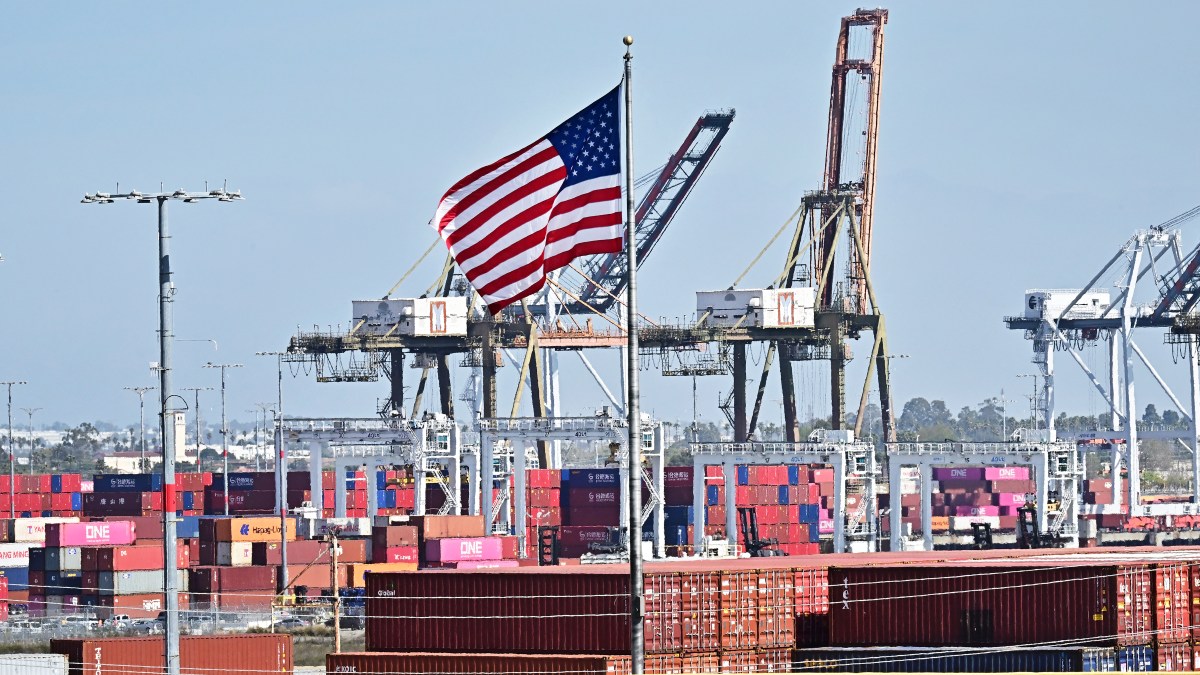British manufacturers face additional costs that could amount to hundreds of millions of pounds each year after a sharp increase in tariffs applied to finished goods exported to the United States.
President Trump has added a 25 per cent tariff on hundreds of products containing steel and aluminium including construction machinery and automotive parts in exhaust systems.
JCB, the Midlands-based diggers company, and one of Britain’s largest private enterprises, could be one of the companies hardest hit. The energy industry has said renewables manufacturers, especially those in the wind turbine supply chain, could also be impacted as well as manufacturers of pumps and compressors, and even furniture.

JCB could be one of companies hardest hit by the tariff trap
Industry leaders have warned of “significant risks” for British manufacturers caught up in the tariff trap and urged the government to step in. It had been assumed that tariffs between the UK and US under the Trump administration had been settled at 10 per cent.
At issue is a so-called section 232 covering goods manufactured in the UK which the president extended the scope of after pressure from the American steel industry.
“The action expands the reach of the steel and aluminium tariffs and shuts down avenues for circumvention, supporting the continued revitalisation of the American steel and aluminium industries,” Jeffrey Kessler, US under-secretary of commerce for industry and security, said.
Philip Bell, the US Steel Manufacturers Association’s president, said: “The steel tariffs are necessary for the national security that a strong steel industry provides. One of President Trump’s signature achievements of his second term is renewing and strengthening the steel tariffs.”
The US market for such goods imported into the country is reckoned to be worth £1.5 billion, and the new rules are affecting goods that have already been shipped.
There was no immediate response for comment from JCB, owned and led by Lord Bamford, the prominent industrialist.
The UK’s Construction Equipment Association, however, confirmed that from August 18, new US tariffs for finished construction machinery and other key components exported from the UK fall within scope of duties on steel and aluminium. As such UK-origin goods will be charged at 25 per cent. The tariff that non-UK exporters of such goods to the US face is at a rate of 50 per cent.
In addition, the association is warning that if the percentage of metal content in goods cannot be proven at the time of entry into America, US Customs will demand the payment of duty on the full value of any machine, leading to confusion and the risk of overpayment or penalties.
“For complex machines made from thousands of components, many sourced from suppliers who do not provide detailed material breakdowns, complying with these rules will be extremely difficult in practice,” Viki Bell, the association’s chief executive, said.
“Initial analysis indicates that major UK exporters could face additional costs running into hundreds of millions of pounds each year if duties are charged on the full value of machines.”
• Tariffs blamed as Britain’s exports to US drop to lowest since 2022
Bell is urging the department for business and trade to take action. “We are pressing for clarity on the UK position, for practical compliance routes that reflect the realities of complex machinery, and for exemptions where appropriate.”
The British Chambers of Commerce said UK companies in the US industrial supply chain will need help to navigate the confusion.
“The section 232 tariffs are a concern for UK exporters, their orders, prices and long-standing customer relationships in the US,” William Bain, head of trade policy at the lobby group, said.
“With inflation rising and cost pressures biting on businesses again, [government intervention] would provide the certainty that many export supply chains to the US need.”

